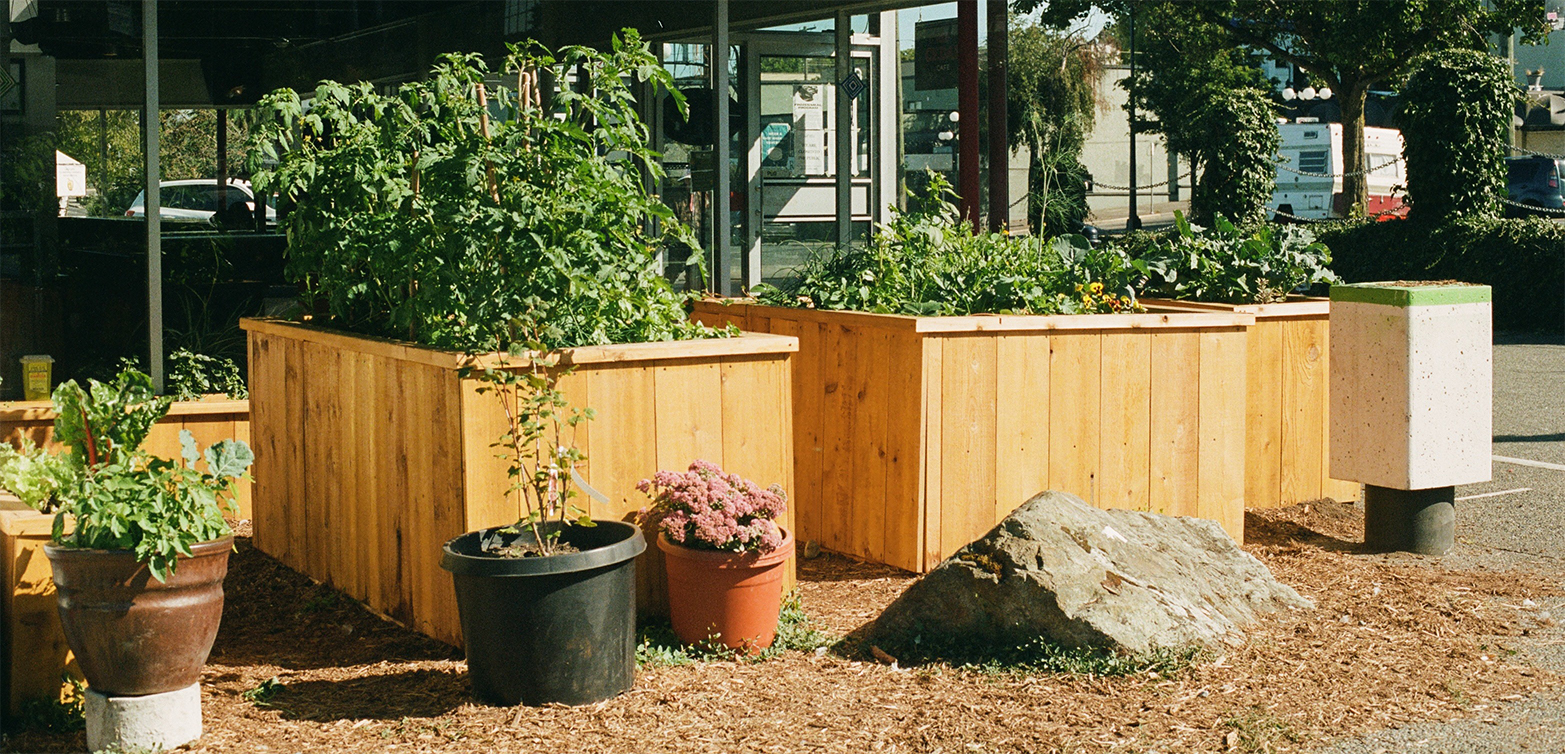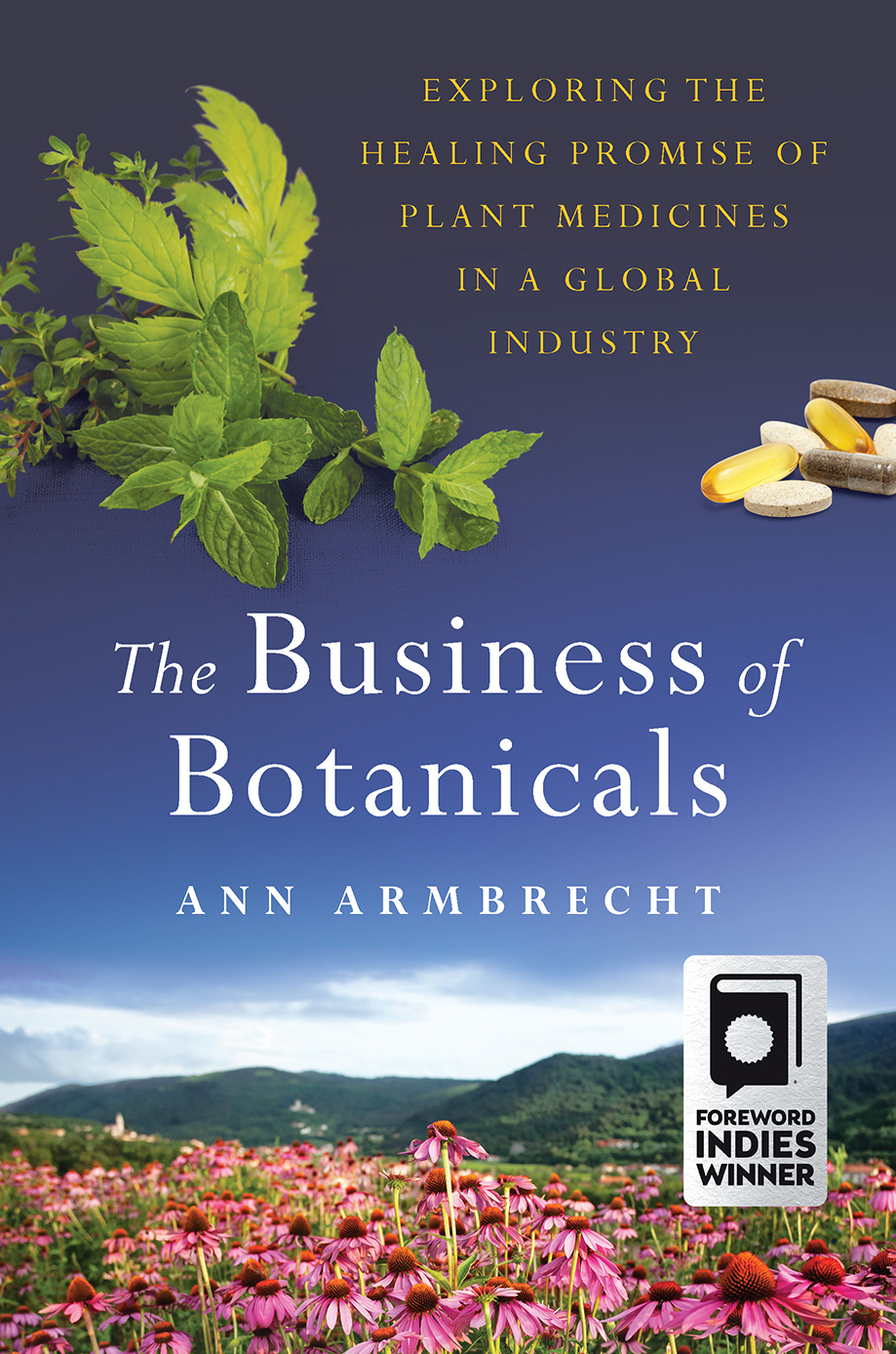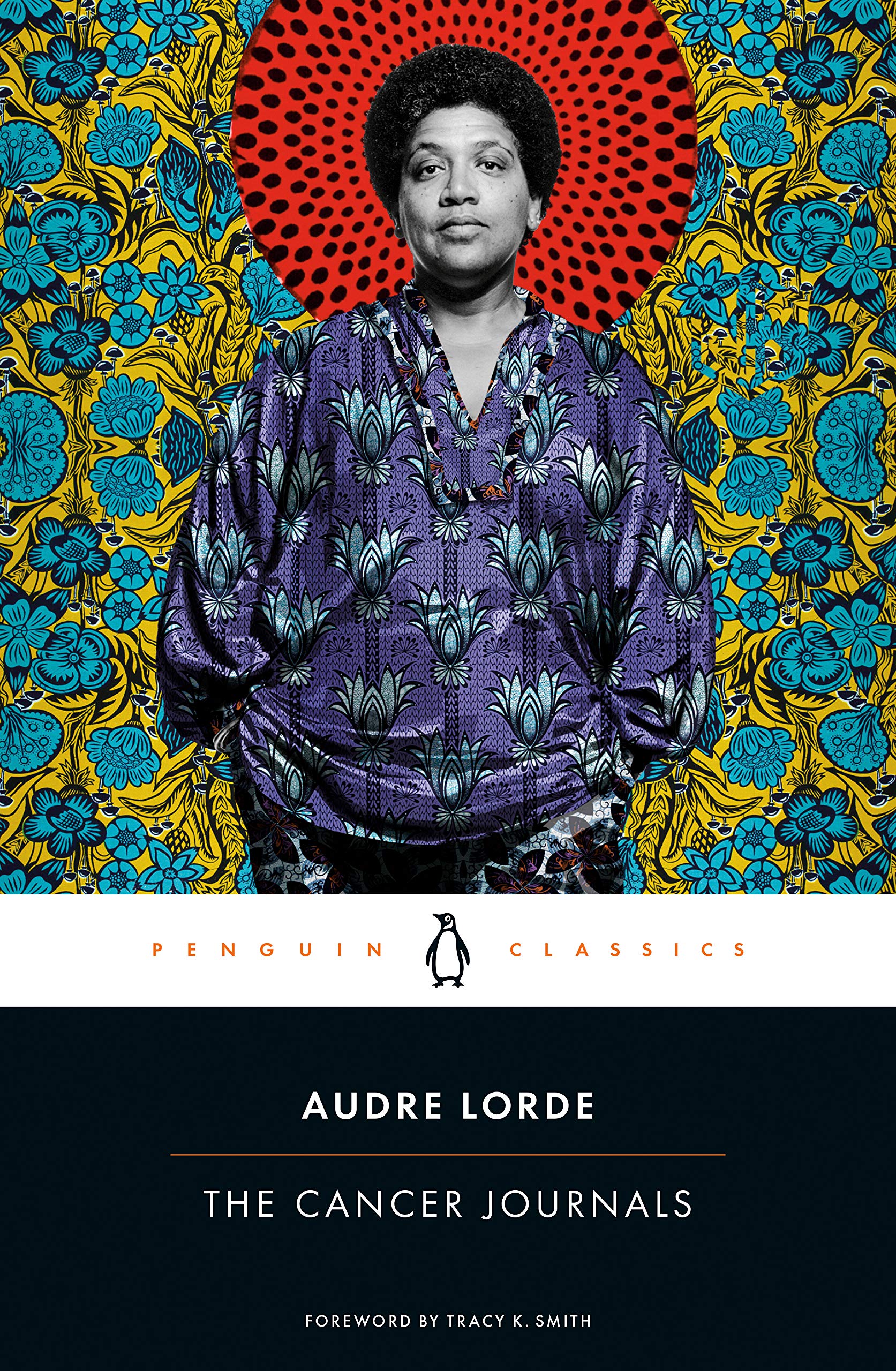PRC in the Community

Red Cedar Cafe & PRC
The Pacific Rim College Permaculture class of 2021 collaborated with Red Cedar Cafe to create an inviting and educational community garden located at 1900 Douglas Street, Victoria, BC.
The garden will supply the cafe with fresh herbs, edible flowers, and vegetables for the daily meals they serve to those in need. The inviting garden will also provide an opportunity for volunteers and local residents to learn about growing food and herbal medicines.
The Red Cedar Cafe is a non-profit meal program for people in need, fueled by volunteers and mutual aid. The organization provides food to those that need it most, including low-income people, seniors, and people living with disabilities. The Red Cedar cafe offers meal delivery, a pay-what-you-can cafe model, and a free food table outside of the restaurant.
This project was led by the Pacific Rim College instructors Liza Couse and Kym Chi with help from Jessica Ash and Liz Maze from Red Cedar. The beautiful garden boxes were built by Interactive Construction. The garden was made possible by the generous donations and contributions of community members, local businesses, and the exuberant students that designed and implemented the project.
Some plants in the garden:
- Native perennials: Oregon grape, bearberry, yarrow, gumweed
- Edible flowers: borage, calendula, nasturtium
- Herbs: rosemary, sage, lavender, holy basil, skullcap, California poppy, lemon balm, mint, basil, oregano, dill, cilantro, parsley
- Vegetables: tomatoes, hot peppers, lettuce, bok choi
- And more!
From Our Website




